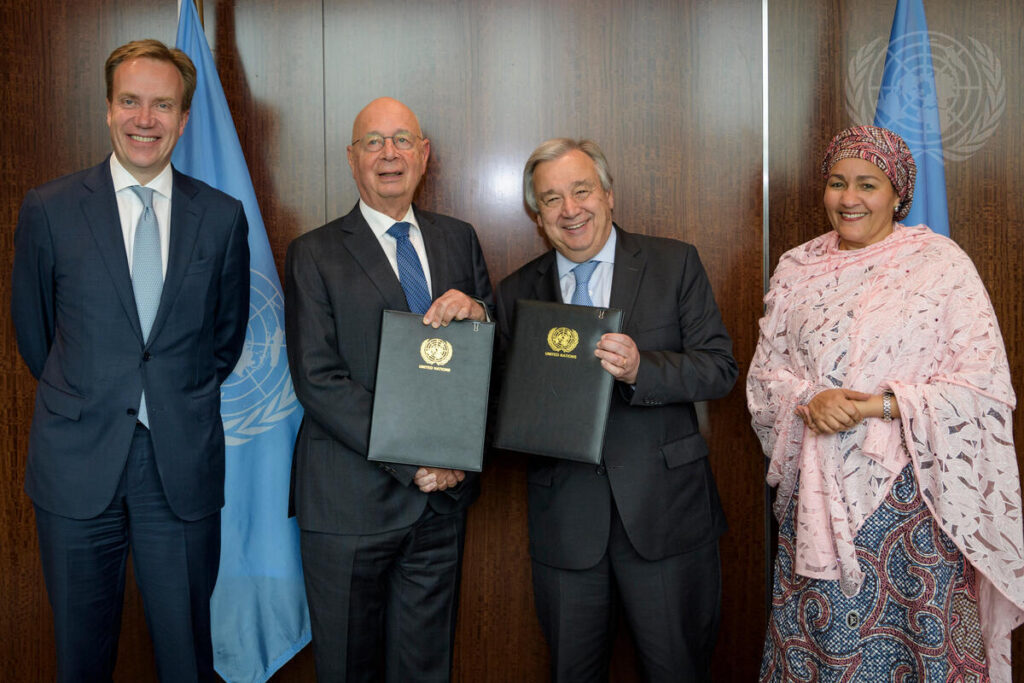
As predicted by experts, power companies are beginning to take control of internet-enabled thermostats, turning off people’s air conditioning remotely to force them to comply with the World Economic Forum’s Agenda 2030 restrictions.

Rather than generating enough power to meet rising demand during peak periods, their solution is to force consumers use less.

BYPASS THE CENSORS
Sign up to get unfiltered news delivered straight to your inbox.
Latest Video
This practice is already being implemented in certain areas in the United States, and the question of whether these voluntary programs will become mandatory in the near future looms large.
Marc Morano of The Climate Depot spoke to KTRH about this growing trend, saying, “They can’t produce more energy because, ‘the climate and the earth can’t handle it.’ We are just pawns in this game of ideological capture.”
Morano suggests this is more than just a temporary fix for energy shortages; it’s a calculated effort by governments and corporations to tighten control over individuals’ daily lives.
“Throughout Europe, cities are passing ordinances requiring air conditioners to be set no lower than 79 degrees Fahrenheit in the summer. You can’t make your places cooler,” Morano explained. What was once a voluntary program in many parts of America, he warns, could soon become a mandated reality, with people slowly accepting these controls as the new normal.
This shift toward regulating personal energy use isn’t happening in a vacuum. It aligns with broader global strategies like the World Economic Forum’s Agenda 2030, which promotes sustainability through drastic reductions in energy consumption, resource management, and the reshaping of global economic systems.
Agenda 2030, which ties into the United Nations Sustainable Development Goals (UN SDGs), aims to address climate change, poverty, and inequality, but critics argue that itf could lead to overreach and the erosion of personal freedoms under the guise of “sustainability.”
At the core of these initiatives is the concept of “energy transition”—a move away from fossil fuels toward renewable energy sources.
 Klaus Schwab and António Guterres reached an agreement to accelerate Agenda 2030 in late 2023
Klaus Schwab and António Guterres reached an agreement to accelerate Agenda 2030 in late 2023However, generating enough energy to meet demand through renewables has proven difficult, resulting in measures like thermostat control. This control fits into a larger framework where governments and corporations could manage not only energy use but also food production, transportation, and housing—all central themes of Agenda 2030 and the UN SDGs.
What begins as a voluntary program can slowly evolve into something much more restrictive.
“The truth is, this is just another way for the government to slowly start controlling you,” Morano emphasized.
In Europe, the restrictions on thermostat settings are already in place, and similar measures are creeping into American cities. In the near future, we may see energy consumption quotas, smart appliances linked to government energy-saving mandates, and further encroachments on personal choice.
This move toward centralized control is part of a broader shift envisioned by global policymakers. In the name of sustainability and climate action, individuals may be asked—or forced—to make sacrifices for the collective good.
While proponents argue that this is essential to combat climate change, critics fear it opens the door to a dystopian future where individual freedoms are eroded under the banner of global responsibility.
The implications of thermostat control are much larger than keeping homes cooler in the summer. It signals a potential future where technology is used not just to aid daily life but to exert control over it. The integration of smart technology into homes is growing, and while it brings convenience, it also offers a direct line for governments and corporations to regulate personal consumption.
As Morano concluded, “People are starting to accept these measures as the new norm, but we need to be aware of what’s really happening behind the scenes.”
Source link

